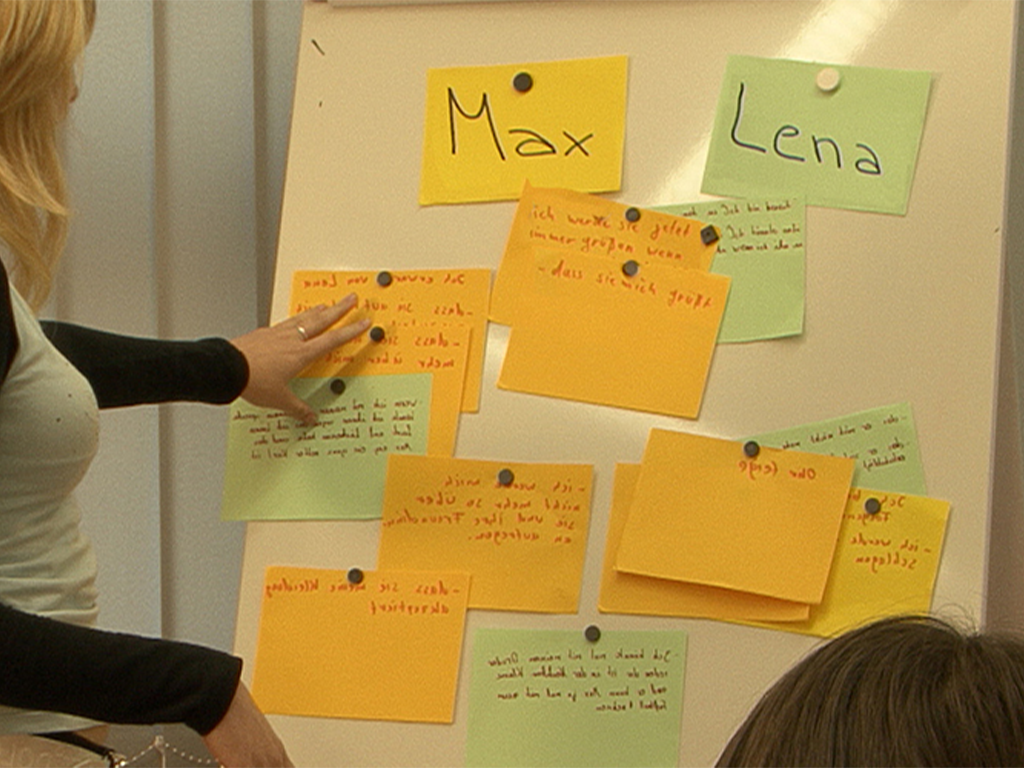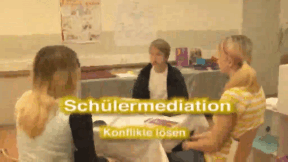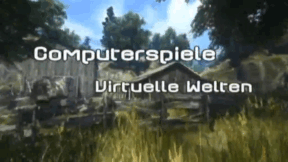 History
History


46500898 / 55500654
Celts
History and Culture
The term “Celts“ refers to a great number of different ethnic groups. So we do not speak of one “Celtic people”, at any rate not according to modern ethnic criteria, but rather of tribes within the circle of Celtic culture. The so-called Celts were organised in tribes – and there were hundreds of them. Although tribal alliances were formed time and again in the course of history, they often waged war among each other. Presumably, the term Celts was only a collective name used in ancient Mediterranean cultures for geographically widely dispersed tribes north of the Alps with similar languages, religions and customs. The culture of the Celts is commonly considered nonliterate. It is presumed that they never developed a writing of their own and used letters of other cultures. As the few existing Celtic inscriptions have been almost untranslatable up to now, our knowledge of Celtic culture is derived from Greek and Roman authors – and they were hardly flattering because they saw the Celts and also other tribes or peoples from the point of view of their own culture which they deemed far superior and more civilised.
Play trailer

Curriculum-centred and oriented towards educational standards
Matching
Peer Mediation
Lena and Max attend the 7th form. Max is new in class. During a break, Max notices that Lena and her friend are laughing at him again. Max loses his temper! He slaps Lena in the face. That hurts and Lena runs back into the classroom with a red cheek. The growing conflict between the two has escalated. Just like Lena and Max, every day pupils all over Germany have rows with each other. At the Heinrich Hertz Gymnasium in Thuringia, pupils have been trained as mediators for years. At set hours, they are in a room made available by the school specifically for mediation purposes. The film describes the growing conflict between Max and Lena and shows a mediation using their example. In doing so, the terms “conflict” and “peer mediation” are explained in a non-technical way. The aims of peer mediation and its progress in five steps as well as the mediators’ tasks are illustrated. The art of asking questions and “mirroring”, which the mediators must know, is described and explained. Together with the comprehensive accompanying material, the DVD is a suitable medium to introduce peer mediation at your school, too.
Computer Games
This film covers the topic of computer games in a variety of ways and from many different angles. Apart from the fascina- tion of computer games for users, the historical development as well as the production of computer games are described. The established genres are introduced, the guidelines of the German BPjM are explained. In light of recent public discussions, a neutral overview of the pros and cons of playing computer games is given, and different kinds of player behaviour are outlined. In this film, the pupils will recognise many aspects of their favourite pastime that encourage an independent, constructive use of this medium and reinforce their media competency. The film and teaching material are very closely related to the real-life situation.
Mobile Learning II
Oh, what’s that? Original soundtrack Thissen: “As our children grow up in a media world and naturally handle the media, they should also be a topic in school.“ An older child says the point is that they don’t just load down apps but create things themselves that haven’t existed so far. Hi, I’m Jana. A propeller hat. I’ll put it on. Now I’m no longer a simple rhino, but a flying rhino. Original soundtrack Thissen: “It’s exactly the great flexibility of tablets that promotes very personalised and adapted learning.” Original soundtrack Welzel: “It’s fascinating to see how the children grow with their products and how they always want to improve them.” The Westminster Abbey is a church in London for the royal family. Original soundtrack Welzel: “And?“ They think it is ok.









